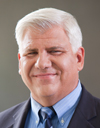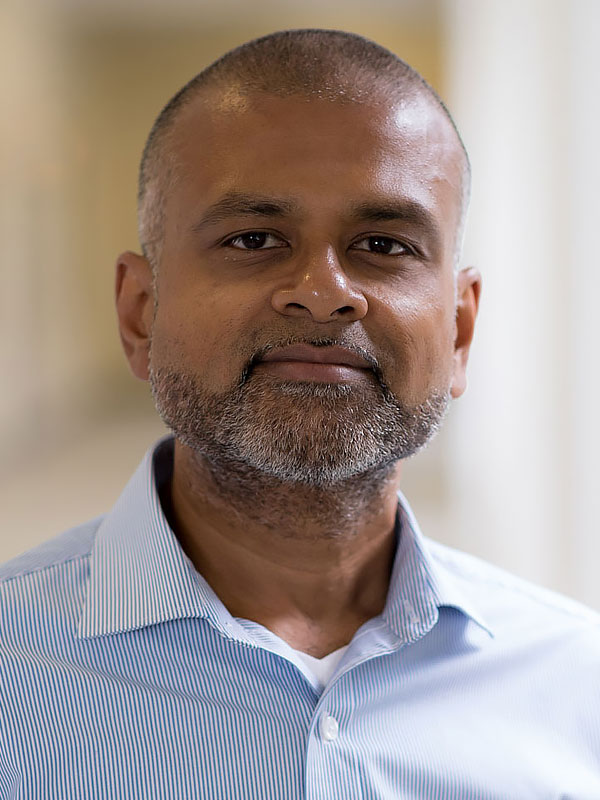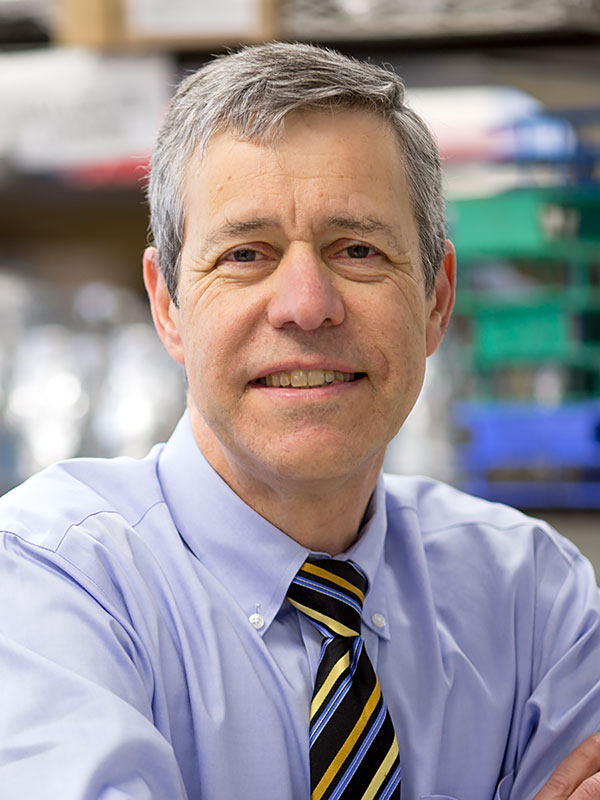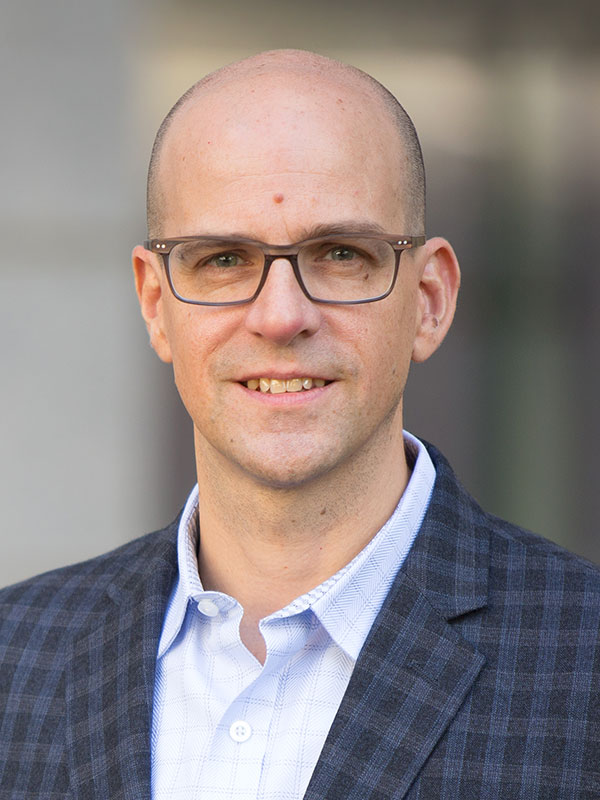Einstein Experts for Media
Microbiology
William R. Jacobs Jr., Ph.D.

Professor, Microbiology & Immunology, Einstein
Professor, Genetics, Einstein
Leo and Julia Forchheimer Chair in Microbiology & Immunology, Einstein
Investigator, Howard Hughes Medical Institute (HHMI)
Infectious diseasesTuberculosis (TB)Vaccines
Molecular genetics
Dr. Jacobs is pioneering the use of molecular genetics to control tuberculosis (TB), which kills nearly two million people a year. His research is identifying the genes that make Mycobacterium tuberculosis (MTB) - the bacteria that causes TB - virulent, identifying new drug targets and engineering weakened strains that can be used as live vaccines. Dr. Jacobs was the first scientist to introduce foreign DNA into MTB, a technique now regularly used by TB investigators around the world. read more...
Steven A. Porcelli, M.D.
.jpg)
Professor and Chair, Microbiology & Immunology
Professor, Medicine (Rheumatology)
Murray and Evelyne Weinstock Chair in Microbiology & Immunology
Microbiology & ImmunologyT-cell immunityTuberculosis (TB)
Dr. Porcelli studies the control of acquired immunity – the type that develops when our bodies generate specific responses involving antibodies or T cells following exposure to vaccines or infection by disease-causing microbes. In particular, he investigates how T cells – which supervise both defense against microbes and immune tolerance – control the acquired immune response. read more...
Kartik Chandran, Ph.D.

Professor, Microbiology & Immunology
Harold and Muriel Block Faculty Scholar in Virology
COVID-19, Ebola, and emerging virusesAntibody-based therapiesAnti-viral therapeuticsVirus-host interactions
A recognized expert on emerging viruses, Dr. Chandran studies how viruses infect cells, and his research seeks to translate this knowledge into new antibody-based therapies. In 2020, Dr. Chandran helped lead Einstein’s research on COVID-19: Within weeks of the global outbreak, his laboratory created a “surrogate” coronavirus that allows scientists at Einstein and elsewhere to more safely study the virus. He also helped develop an antibody test for SARS-CoV-2 that is used clinically at Montefiore Health System and by researchers leading a convalescent plasma clinical trial. read more...
Harris Goldstein, M.D.

Professor, Department of Pediatrics (Pediatric Allergy & Immunology)
Professor, Department of Microbiology & Immunology
Associate Dean for Scientific Resources
Charles Michael Chair in Autoimmune Diseases
Director, Einstein-Rockefeller-CUNY Center for AIDS Research
HIV pathogenesis and HIV cure The immune system's antiviral activityEngineering molecules to attack virusesCAR-T cell structure and function Biologics against cancer and viruses
Dr. Goldstein’s NIH-funded research centers on developing agents to amplify the capacity of the immune system to control HIV infection and achieve a functional cure for the disease. In seeking to “weaponize” the immune system to cure HIV, his lab uses molecular, cellular, and biochemical approaches, including CAR-T cells and the novel treatment strategy developed by Dr. Almo at Einstein for selective T cell amplification called synTac (synthetic T-cell activation). read more...
Ulrich G. Steidl, Ph.D., M.D.

Professor, Cell Biology
Professor, Medicine
Deputy Director, Montefiore Einstein Comprehensive Cancer Center
Rose C. Falkenstein Chair in Cancer Research
Interim Director, The Ruth L. and David S. Gottesman Institute for Stem Cell and Regenerative Medicine Research
Leukemias and myelodysplastic syndromes Pre-cancerous and cancer stem cellsCell and tumor biology
Dr. Steidl studies the molecular and cellular mechanisms that lead to two related blood diseases, myelodysplastic syndromes (MDS) and acute myeloid leukemia (AML). His NIH-funded basic and translational research seeks to define the characteristics of pre-leukemic stem cells (pre-LSC), understand their progression to leukemic stems cells, and develop drug strategies to target the process. Dr. Steidl is co-director of the Montefiore Einstein Comprehensive Cancer Center's Blood Cancer Institute. read more...


